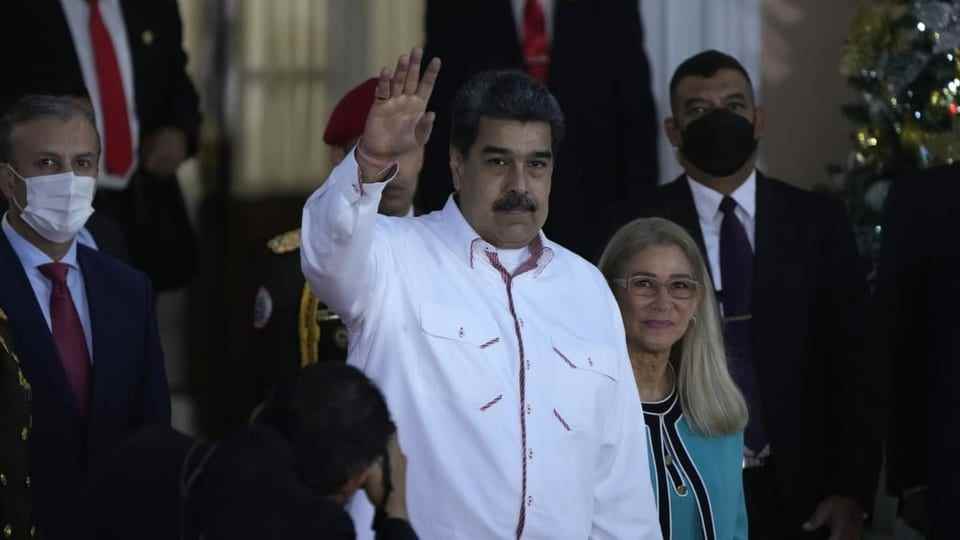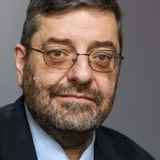Commercial flights between Venezuela and neighboring Colombia took place this week for the first time in almost three years. The left-wing President Nicolas Maduro seems to be turning from the internationally outlawed “persona non grata” back into a possible partner, also for Western countries. This new cooperation also has something to do with the West’s need for crude oil, says Latin America expert Günther Maihold.
SRF News: What are the reasons for the thaw?
Günther Maihold: On the one hand, there have been changes in the region. Colombia’s newly-elected President Gustavo Petro has started a peace process with his country’s second guerrilla group, which also operates in Venezuela, and is therefore seeking to re-establish diplomatic relations with Venezuela.
The international war on raw materials and interest in Venezuelan oil have intensified.
On the other hand, the international war on raw materials and interest in Venezuelan oil have intensified. All interested nations are trying to do business with Venezuela.
Are there talks between states that show the new togetherness?
Relations with the United States have eased. In particular, the US also appears ready to release Venezuela’s frozen assets to ease the humanitarian situation. In addition, prisoners were exchanged.
The thaw is also reflected in economic terms. The UN forecasts Venezuela will grow 5 percent while elsewhere economies are contracting. What is different in Venezuela?
On the one hand, the increased oil price leads to a significant inflow of foreign exchange. On the other hand, it can be seen that Venezuela is making efforts to relax its hitherto very restrictive policy on private sector involvement.
We have to assume that the economic situation will continue to be very precarious.
What do people notice about the relief?
These are very small steps. We have to assume that the economic situation will continue to be very precarious. Venezuela has lost up to 30 percent of its gross domestic product in the economic crisis of the past seven years. With such improvements, there is always a distribution. Sections of the population that benefit most from this are those who are very close to the regime.
And yet, to some extent, does that translate into political support for the Maduro government?
I would rather speak of the population being exhausted from all political camps. This also applies to leading opposition politicians. No consistent improvement is now expected from politics.

Legend:
Venezuelan President Nicolas Maduro accompanied by First Lady Cilia Flores at the conclusion of his visit to his Colombian counterpart in Caracas (November 1, 2022).
Archive/Keystone/AP Photo/Ariana Cubillos
So has the opposition disappeared?
There is still opposition. We have presidential elections in 2024. To this end, the opposition is now trying to organize internal primaries. There is continued government pressure on opposition politicians, some of whom are in prison. And the opposition itself is very divided internally. That makes it very easy for the government to drive the rift into the opposition camps.
So the hope of Western countries that Maduro will be ousted from office is not fulfilled?
The expected fissures within the ruling bloc – the ruling party and the supporting military – have not, as far as can be seen, materialised. This is a booty community that enriches itself from the resources of the state. If there were a transition in the political power structure, she would certainly face charges of massive corruption and enrichment. And that welds this block together.
